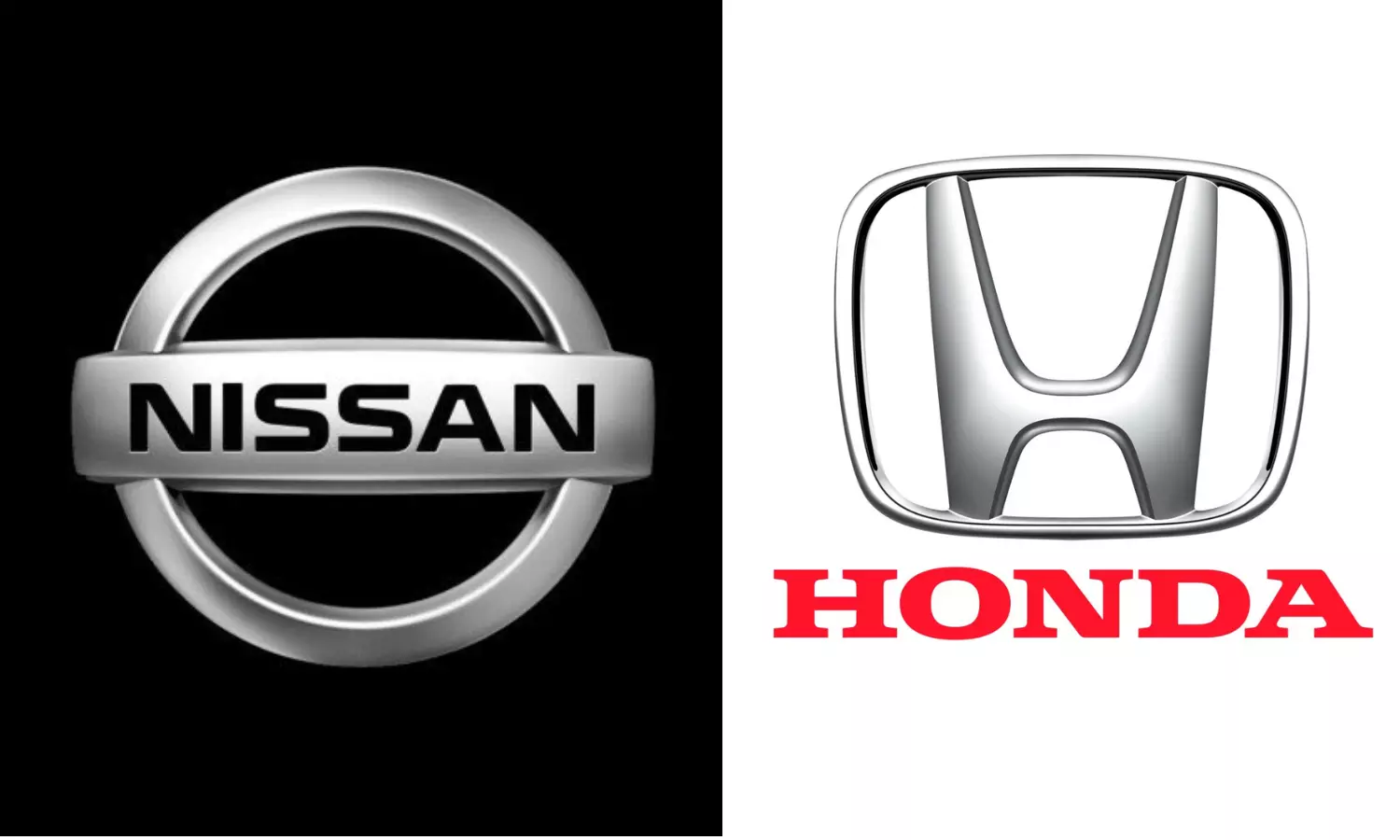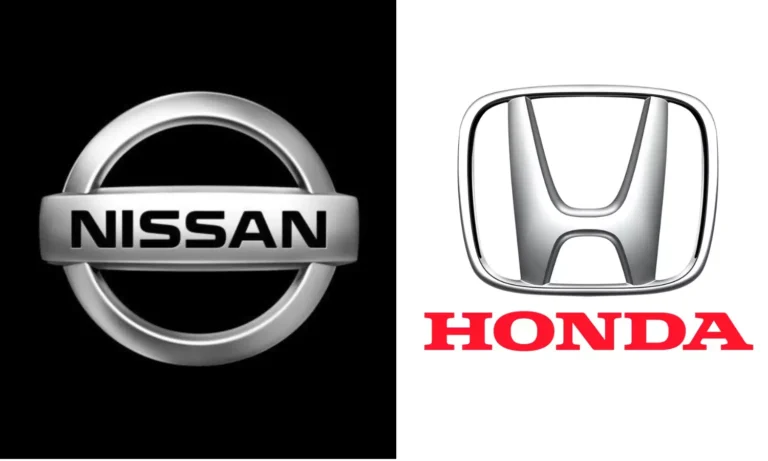
Honda Nissan Merger: A Groundbreaking Shift in the Automotive Industry
A merger between Honda and Nissan is the latest gossip in the automotive world. Two of Japan’s most iconic car manufacturers, Honda and Nissan, are considering a merger that could reshape the global car market. This article explores the details of this potential alliance-what it means for both companies and the broader impact on the industry.
Understanding the Honda Nissan Merger
The merger of Honda and Nissan is on the table at a time when almost everything is changing fast in the automotive sector. Issues related to a change in consumer preference, adoption of EVs, and a surge in sustainable technology have thus been a challenge for both companies. The proposed merger would let both Honda and Nissan share resources, operate more efficiently, and push the boundaries of innovation even further.
But through this change come rumblings of a union, two giants in the industry, with a range of reliable and economy class automobiles; and Nissan, known for its cutting edge electric vehicle technologies just combining in the name of progress and change to provide each company strength across a wide range everything from purely internal combustion to wholly electric models.
Why a Honda Nissan Merger Would Make Sense
There are a couple of reasons why a Honda-Nissan marriage fits the bill in these changing times. First is the fact that the automobile industry is in a period of sea with the advent of electric vehicles, then autonomous driving technologies although both Honda and Nissan have made strides in those areas, they still lag well behind some of their key rivals, including Tesla and Volkswagen.
Merging will bring together Honda and Nissan’s research and development capabilities to speed up the innovation pipeline. With this partnership, both firms can share production facilities and economies of scale by reducing their costs. That makes the merger even more appealing in a period when margins have shrunk amidst increased competition.
Secondly, both firms lag in meeting the global demand for electric vehicles. While Nissan has been doing quite a lot with the Leaf model, it needs much higher production levels to meet demand, which is getting greater. Honda has been slower to enter electric mobility and has only recently announced some planned models. A merger by Honda and Nissan would further speed up electric car manufacturing to enable the companies to have a greater market share than would otherwise be possible in the rapidly expanding EV sector.
Impact on Consumers and the Global Automotive Market
A merger between Honda and Nissan would surely affect the consumers and the whole automotive market. This would mean a more diverse product line wherein customers would be given access to an even wider range of models that combine the reliability of Honda and innovative technologies of Nissan. Of course, this would make the world automotive market more competitive as other auto manufacturers would need to innovate even further.
On the other side, some analysts warn that the merger may cut competition in particular markets. Combined with the company after the merger could dominate such segments as compact sedans and provide fewer choices to consumers. Smaller automakers may also face bigger difficulties in competing with the huge group; this would imply fewer choices for buyers and higher prices.
Another area in which the Honda-Nissan merger could have a significant consequence is in the area of employment. Just as the merger may result in new opportunities in research and development, other jobs could be in jeopardy because of redundancies that will occur in manufacturing and administrative functions. However, both companies have assured their commitment to a strong workforce, and this will be an essential factor in assuaging any misgivings over job losses.
Challenges to the Honda Nissan Merger
Of course, there are also obstacles to such a merger between Honda and Nissan despite the potential benefits. The cultural differences between the two companies are one major obstacle. Honda and Nissan have different corporate cultures and management styles, which could cause friction in the integration process. It may take some time and effort for them to align their operations and strategies, and there is always the risk that the expected synergies from the merger may not materialize.
In addition to this, regulatory approval would be needed in several countries, such as Japan, the U.S., and the European Union. Antitrust concerns may be raised, especially in markets where Honda and Nissan enjoy a leading position. Regulatory factors would, therefore, be crucial in determining whether the merger would be successful or not.
The Future of the Honda Nissan Merger
If it did eventually get through, this would represent the moment the automotive world would take off with the proposed merger of Honda and Nissan. Combining both would form an empire that can better meet every modern challenge thrown at them-from electric automobiles down to sustainability. The road ahead until closure is a bit complicated; this is something yet to be seen by both firms on whether they can stand against the coming challenges.
For now, the world watches in great detail as Honda and Nissan weigh the benefits versus risks of joining together. The successful Honda-Nissan merger might just be what redefines the future of transportation, with a change in dynamics to the global automotive market.
Checkout:- Top Cryptocurrencies to Watch in 2025: The Winners and Risks You Need to Know




